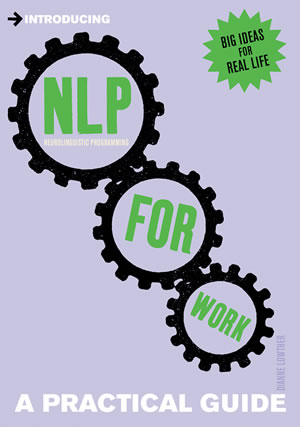One of the things that often comes up in conversation as soon as we start talking about goal setting, or time management, or just getting anything done, is the idea of work life balance. I don't particularly like that phrase because it sort of suggests that there's work, and then there's life. And I think that work and life are part of the same thing really. So perhaps a better way of putting it is that it's about managing the balance between your professional life and your personal life.
I've got two things for you to consider…







